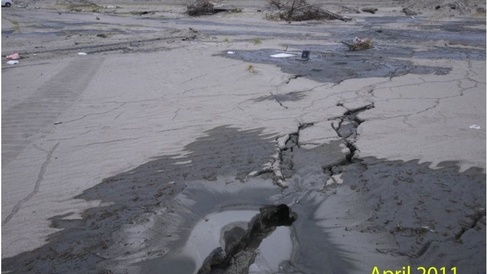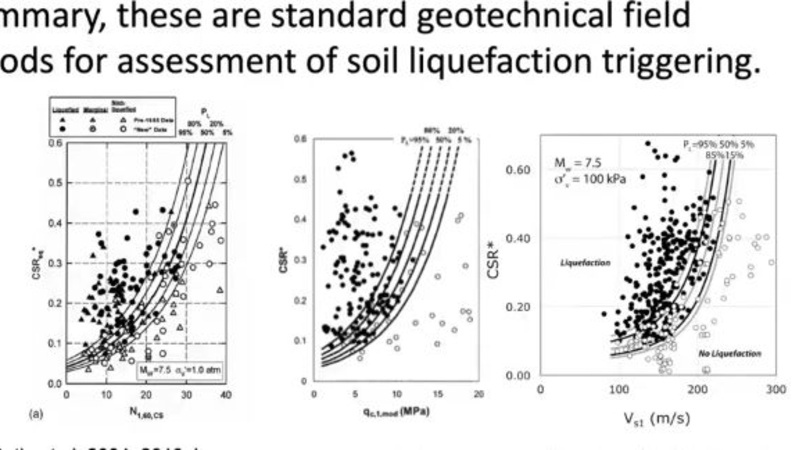
Professor Robert Kayen, a distinguished geotechnical engineering expert from the University of California, Berkeley, delivered a CSIC & CU Geotechnical Society Research Talk on 6 February. He unveiled the results of a groundbreaking twenty-five-year international project titled “The Shear Wave-Velocity of Soil Liquefied During Earthquakes”. The talk, which delved into seismic resistance to liquefaction, shed light on the significance of shear-wave velocity (Vs) as a crucial indicator of soil behaviour during earthquakes.
The research project aimed to advance field methods such as Cone Penetration Testing (CPT), Standard Penetration Testing (SPT), and Vs testing. It focused on developing probabilistic correlations for seismic soil liquefaction triggering which are crucial for enhancing understanding and preparedness for earthquake events.
Professor Kayen discussed the evolution of their initial Vs correlation established in 2013, which involved an extensive field-testing campaign. This correlation, derived from analysing data from 121 sites from existing literature and 310 new test sites across various regions including China, Japan, Taiwan, Greece and the United States, laid the groundwork for further exploration.
The ongoing update to this correlation has seen the expansion of the dataset to approximately 650 sites. Notably, new data from seismic events like the 2011 Tohoku earthquake in Japan, and the 2011 Christchurch and 2010 Darfield earthquakes in New Zealand, have been incorporated. These additions, particularly from areas previously investigated through CPT and SPT penetration testing, provide invaluable insights into soil behaviour under seismic stress.
In his talk, Professor Kayen highlighted the utilization of Bayesian regression and structural reliability methods to enable a probabilistic treatment of the Vs catalog. This approach is fundamental for facilitating performance-based engineering applications which are crucial for designing structures resilient to seismic events. He explained how the analysis of mean values and distributions of variables related to seismic demand and soil capacity further enhances the understanding of model accuracy and uncertainties.
The research talk underscored the importance of continuous refinement and expansion of knowledge in geotechnical engineering to mitigate the devastating impact of earthquakes. By leveraging advanced methodologies and international collaboration, researchers like Robert Kayen and his collaborators are paving the way for safer infrastructure and communities in earthquake-prone regions worldwide.
 |
Watch the talk here
